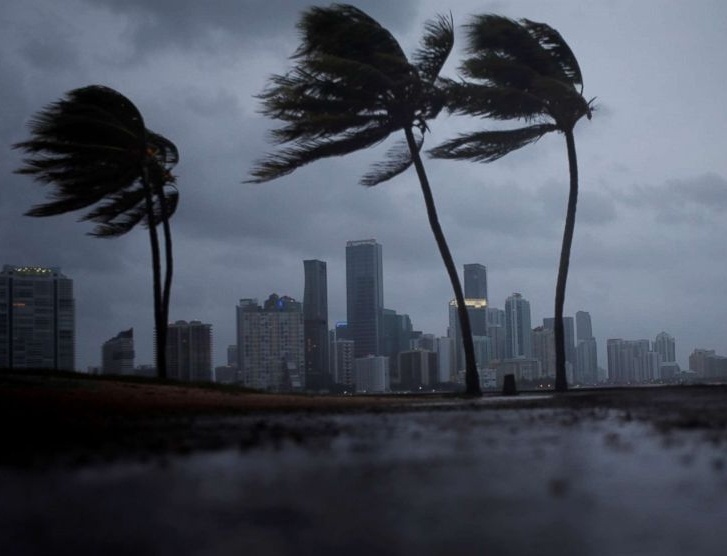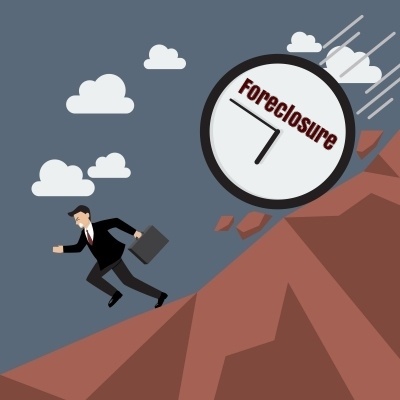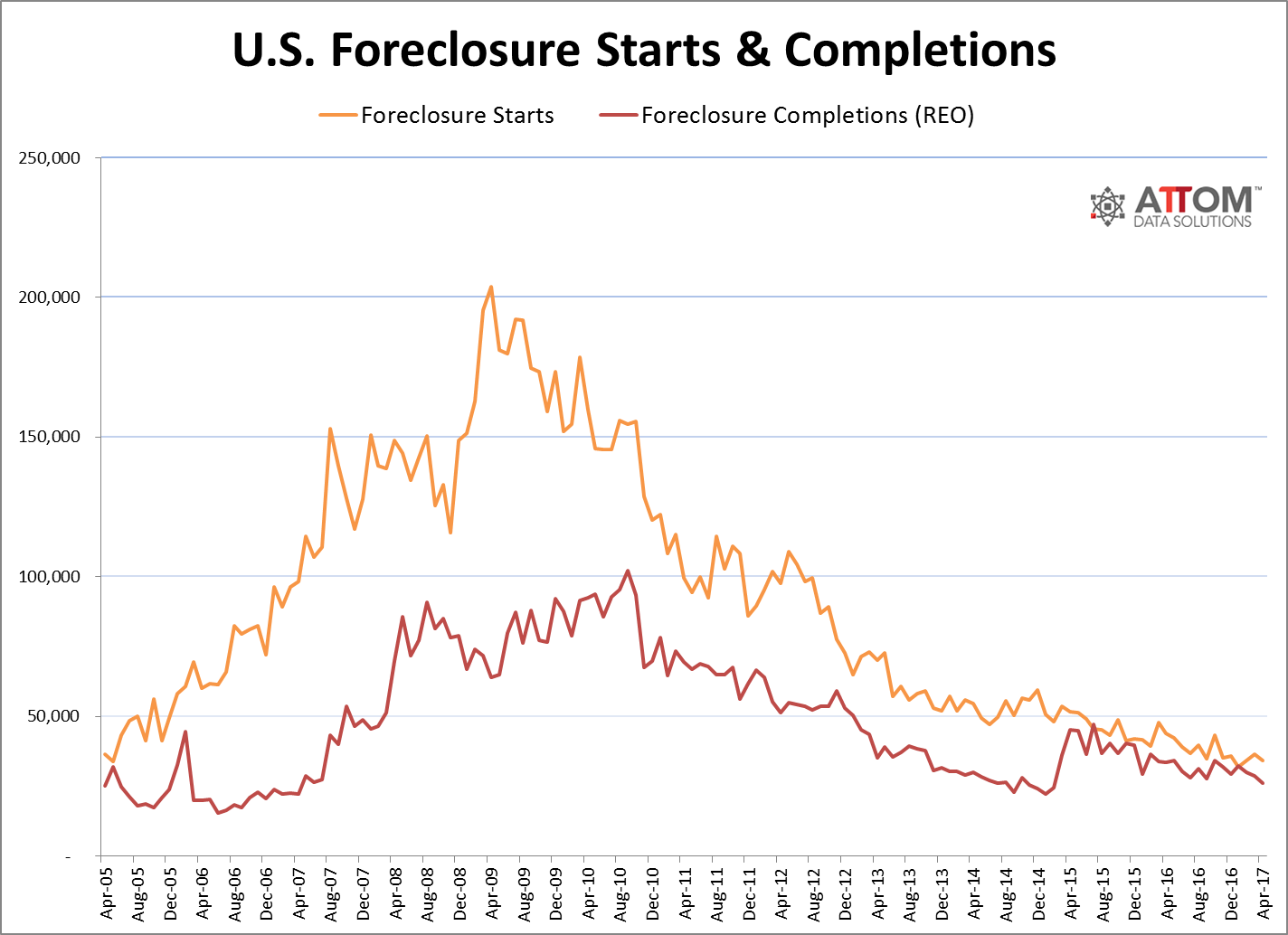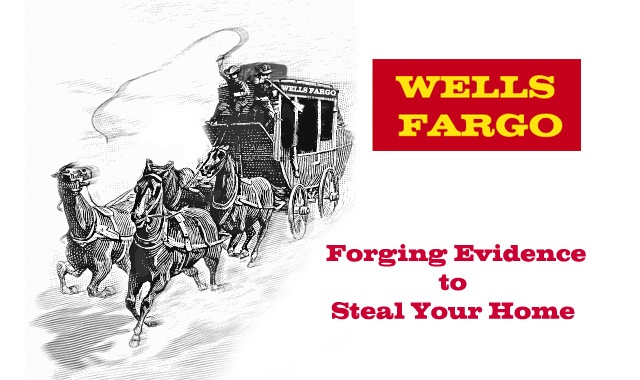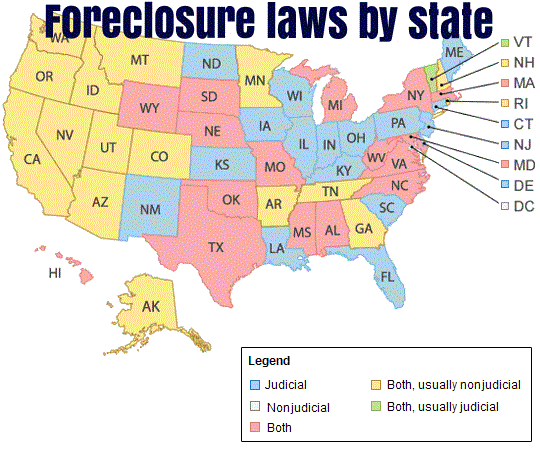One of Florida's biggest foreclosure defense law firms, Stay In My Home P.A., has declared bankruptcy. The roughly 4,000 clients of the firm will need to look elsewhere for legal services.
Mark Stopa, the founder of Stay In My Home, P.A. and a high-profile attorney in the field of foreclosure defense, is under criminal investigation for alleged “equity skimming”, which is a type of mortgage fraud.
Over the summer of 2018 Stopa was indefinitely suspended from practicing law for violating professional conduct rules. The Florida Department of Law Enforcement raided his offices, seized his firm's computers, and froze its accounts. With no way to make payroll “most of the attorneys and staff quit” the firm, according to an article in the Tampa Bay Times.


